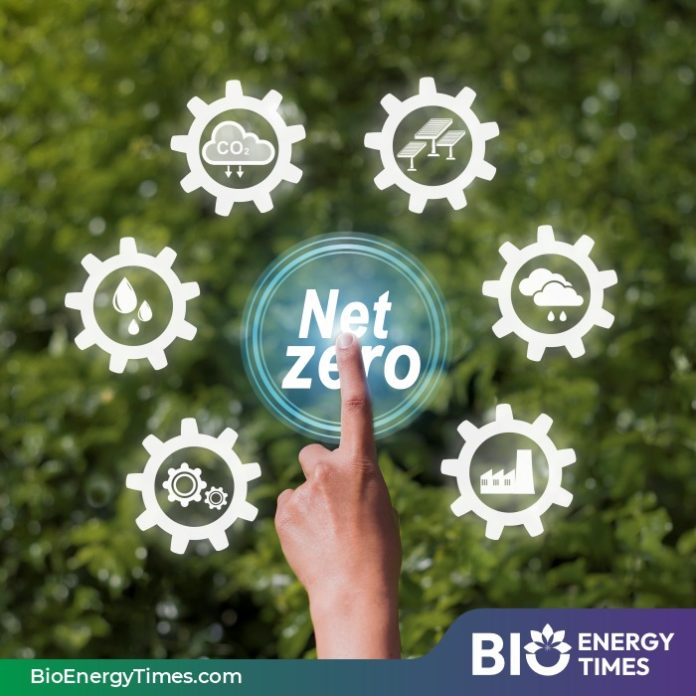A significant milestone was achieved as stakeholders convened for the unveiling of the comprehensive report titled “Synchronizing Energy Transitions towards Possible Net-Zero for India: Affordable and Clean Energy for All,” prepared by IIM Ahmedabad. Commissioned in November 2021 by the Office of the Principal Scientific Adviser to the Government of India, with vital support from the Nuclear Power Corporation of India Ltd (NPCIL), this study project delves deep into the imperative transition towards a net-zero energy paradigm for India.
A need was felt to undertake an analytical study on the energy transition required towards a net-zero energy basket for India. Accordingly, the study was sanctioned with the objective of conducting a comprehensive study with rigorous methods for minimising the cost of power at consumer end and to work out an optimum mix for all sources of power, aiming for net-zero emission.
The report attempts to answer key questions related to India’s energy trajectory such as how much energy does India need to achieve high value of Human Development Index (HDI); what are pathways to achieve this; what are the energy mix projections for this until 2070 (our declared net-zero target year); what would be the cost of electricity to the end user; what would be the carbon emissions until 2070; what would be the investments required for energy transitions towards net-zero at 2070; estimation of other challenges and opportunities (RE integration, requirement of critical minerals, Carbon Capture Utilisation and Storage (CCUS), natural gas, ethanol, hydrogen) in energy transitions towards achieving net-zero in 2070.
The report underscores the necessity of embracing multiple pathways, integrating a myriad of technologies within India’s energy framework to attain net-zero status.
Salient points of the report:
· Despite strides in renewable energy, coal is projected to remain a pivotal component of India’s energy landscape for the next two decades.
· Achieving net-zero by 2070 hinges significantly on the substantial contributions of nuclear power and renewable energy.
· Timely decarbonization of the electricity sector is crucial for realising net-zero energy systems well before the target year.
· Anticipated emissions range between 0.56 btCO2 and 1.0 btCO2 by 2070, with efforts to bridge gaps through sequestration aligning with Nationally Determined Contributions (NDCs).
· Active policy interventions on critical minerals and carbon dioxide removal technologies are imperative for effective coal phase-down.
· The report highlights pathways to achieve clean, affordable electricity with a focus on nuclear and renewable power, ensuring low levelized costs for consumers.
· Propelling widespread electrification across end-use sectors, aiming for a substantial increase in electricity’s share in Total Final Electricity Consumption (TFEC) to 47-52%.
· Estimated financial requirements from 2020 to 2070 amount to Rs 150-200 lakh Crore (about US$ 2-2.5 trillion), necessitating significant international financial flows.
The launch event, held in Committee Room ‘A’, Vigyan Bhawan Annexe, New Delhi on April 3rd, 2024, marks a pivotal moment in India’s journey towards sustainable and inclusive energy transitions.















